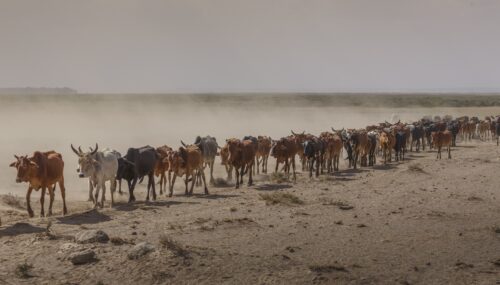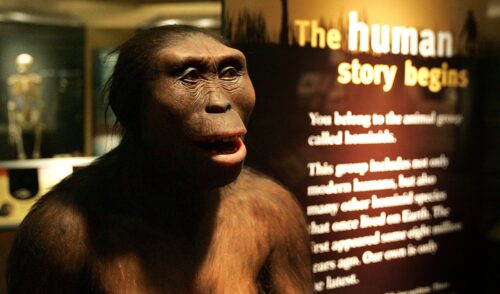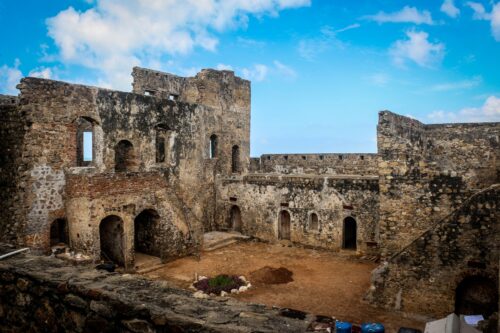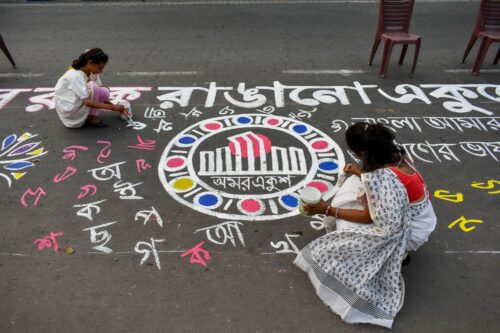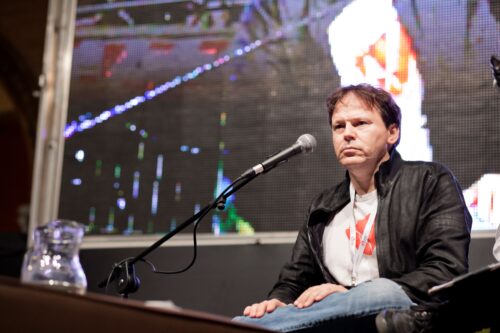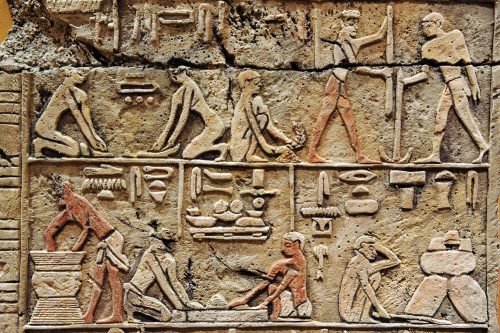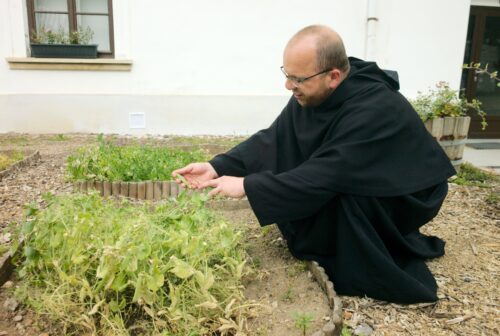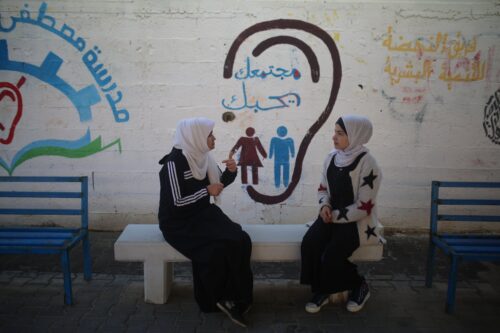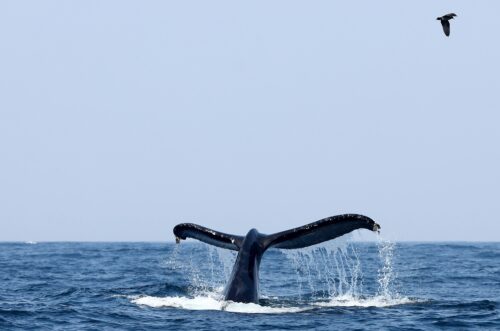Ethiopia
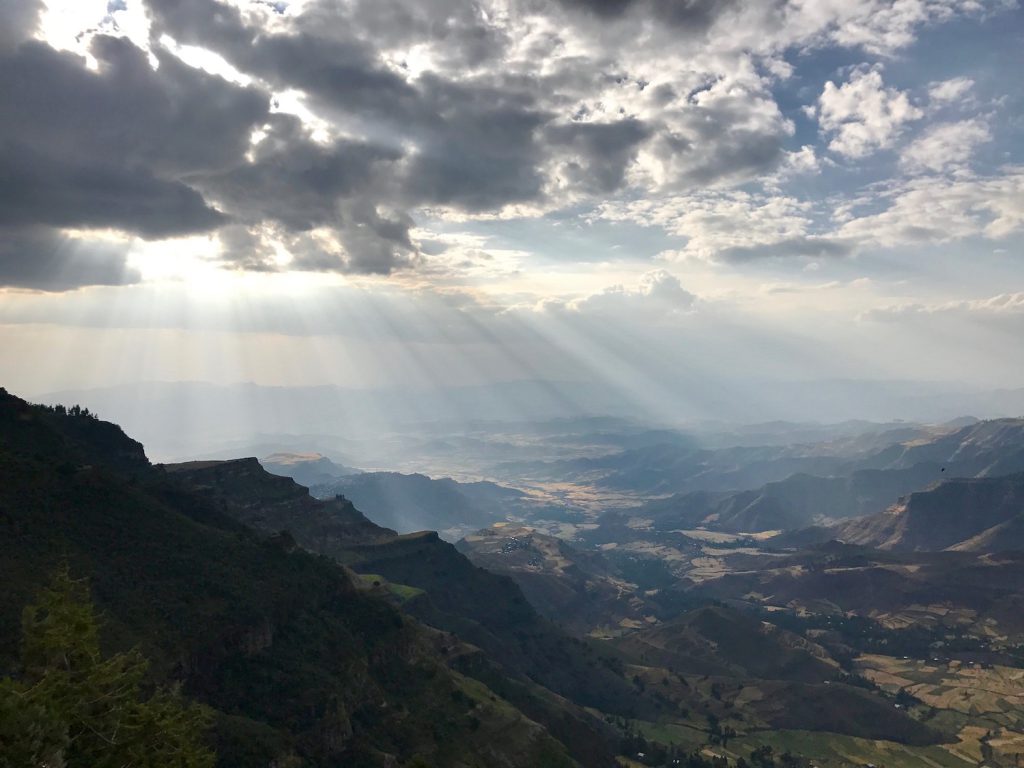
In the poem of the same name, Ethiopia’s special place among African groups is put in high relief. Ethiopia symbolized hope of independence for Nigerian nationalists in their struggles for independence from Britain in the years before 1960. The basis for such an attitude was the fact that Ethiopia had never been successfully colonized.
My poem is a recollection of my first visit in 2006 to Ethiopia as a member of a team that debated new cultural policy for Africa when the African Union replaced the former Organisation of African Unity as the continental political body. While Ethiopia today is struggling with inter-ethnic wrangling and political instability, the difference between the condition of Ethiopia and that of my native Nigeria is only in degree, not in kind.
I use poetry to sift sentiments from my anthropology. I laugh, cry, love, hate, et cetera, using my poems. The professional value of such a tactic is that it helps me to be as detached as one can possibly be in my anthropological writings because those writings then become strained of sentiments. I do not consider the poems as anthropological products. I look at them as poems that are written by someone who happens to be an anthropologist.
Pace my friends on the other side of the debate, I daresay that the charge of the taint of subjectivity on anthropological reports might be withdrawn if this method of sifting qua anthropological writings of author’s emotion is always achieved through the use of other grammatological devices.
Ethiopia
You whose seat is a crescent
Of a million pieces of diamonds;
The Moon below
In a night of dark sky;
Midi à minuit,
[1]
[1]
French for noon to midnight.
I sing to you the song due only to the brave,
The sage, a heroine—
You
The name of our hope!
Ojike sang your epic
[2]
[2]
Mbonu Ojike (1914–1956), a polymath and Nigerian economist with deep historical insight and one of its nationalists during the anticolonial agitations.
Akweke wore your name like his skin
[3]
[3]
Akweke Nwafor-Orizu (1914–1999) was also a notable Nigerian pro-Independence activist. He took for his name, Abyssinia, the former name of Ethiopia.
Now I join the blessed that have met and hugged your ebony skin;
Your elegant frame straight and strong like the iroko.
All hail her that lives in the cradle of the sun;
She whose days will shine tenena tene
[4]
[4]
Gikuyu for “forever.”
As the middle of the African day;
She will rise and rise …
She has no evening;
She that can conquer but cannot be conquered—
The name of our panther;
E-thi-o-pia!
Take my compliments
Na ku penda!
[5]
[5]
Kiswahili for “I love you.”
Äthiopien
Im gleichnamigen Gedicht wird Äthiopiens besondere Stellung unter den afrikanischen Gruppen hervorgehoben. Äthiopien symbolisierte die Hoffnung auf Unabhängigkeit für die nigerianischen Nationalisten und Nationalistinnen in ihrem Kampf um die Unabhängigkeit von Großbritannien. Die Grundlage für eine solche Haltung war die Tatsache, dass Äthiopien niemals erfolgreich kolonialisiert worden war.
Mein Gedicht ist eine Erinnerung an meinen ersten Besuch in Äthiopien im Jahre 2006 als Mitglied eines Teams, das über eine neue Kulturpolitik für Afrika debattierte, als die Afrikanische Union die frühere Organisation der Afrikanischen Einheit als kontinental politisches Organ ersetzte. Während Äthiopien heute mit interethnischen Auseinandersetzungen und politischer Instabilität zu kämpfen hat, besteht der Unterschied zwischen dem Zustand Äthiopiens und dem meiner Heimat Nigeria nur im Ausmaß, nicht in der Art und Weise.
Ich nutze die Poesie, um Gefühle aus meiner Anthropologie herauszufiltern. Ich lache, weine, liebe, hasse et cetera, mit Hilfe meiner Gedichte. Der professionelle Wert einer solchen Taktik besteht darin, dass sie mir hilft, in meinen anthropologischen Schriften so distanziert wie möglich zu sein, da diese Schriften dann von Gefühlen durchdrungen sind. Ich betrachte die Gedichte nicht als anthropologische Produkte. Ich betrachte sie als Gedichte, die von jemandem geschrieben wurden, der zufällig ein Anthropologe ist.
Im Gegensatz zu meinen Freunden und Freundinnen auf der anderen Seite der Debatte wage ich zu behaupten, dass der Vorwurf des Beigeschmacks von Subjektivität in anthropologischen Berichten zurückgenommen werden könnte, wenn diese Methode, qua anthropologischer Schriften die Emotionen des Autors auszusieben, immer durch die Verwendung anderer grammatikalischer Mittel erreicht werden würde.
Äthiopien
—Translated by anthropologist John Nwogaidu
Du, dessen Sitz ein Halbmond
von einer Million Diamanten ist;
der Mond darunter
in einer Nacht mit dunklem Himmel;
von Mittag bis Mitternacht
[6]
[6]
Midi à minuit.
singe ich für dich das Lied, das nur der Mutigen gebührt,
der Weisen, einer Heldin—
Du
Der Name unserer Hoffnung!
Ojike sang dein Epos.
[7]
[7]
Mbonu Ojike, ein vielseitiger nigerianischer Wirtschaftswissenschaftler mit tiefem historischen Verständnis und einer der Nationalisten während der antikolonialen Aufstände.
Akwaeke trug deinen Namen wie seine Haut.
[8]
[8]
Akweke Nwafor-Orizu war ebenfalls ein bekannter nigerianischer Aktivist für die Unabhängigkeit. Er gab sich den Namen Abyssinia.
Nun gehöre ich zu den Gesegneten, die deine Ebenholzhaut berührt und umarmt haben.
Dein eleganter Rahmen gerade und stark wie der Iroko.
All Jubel ihr, die in der Wiege der Sonne lebt.
Sie, deren Tage leuchten werden tenena tene
[9]
[9]
Gikuyu für “für immer.”
wie die Mitte des afrikanischen Tages;
Sie wird aufsteigen und aufsteigen
Sie hat keinen Abend;
Sie, die siegen kann, die aber nicht besiegt werden kann—
Der Name unseres Panthers;
Äthi-o-pi-en!
Nimm meine Komplimente an
Na ku penda!
[10]
[10]
Kiswahili für Ich liebe dich.





